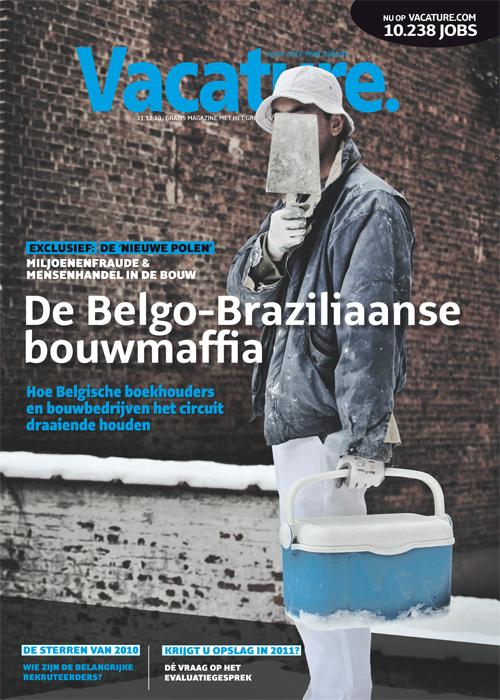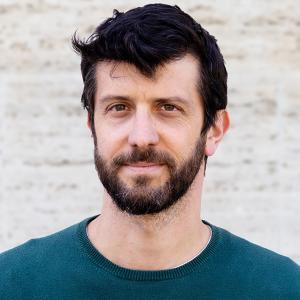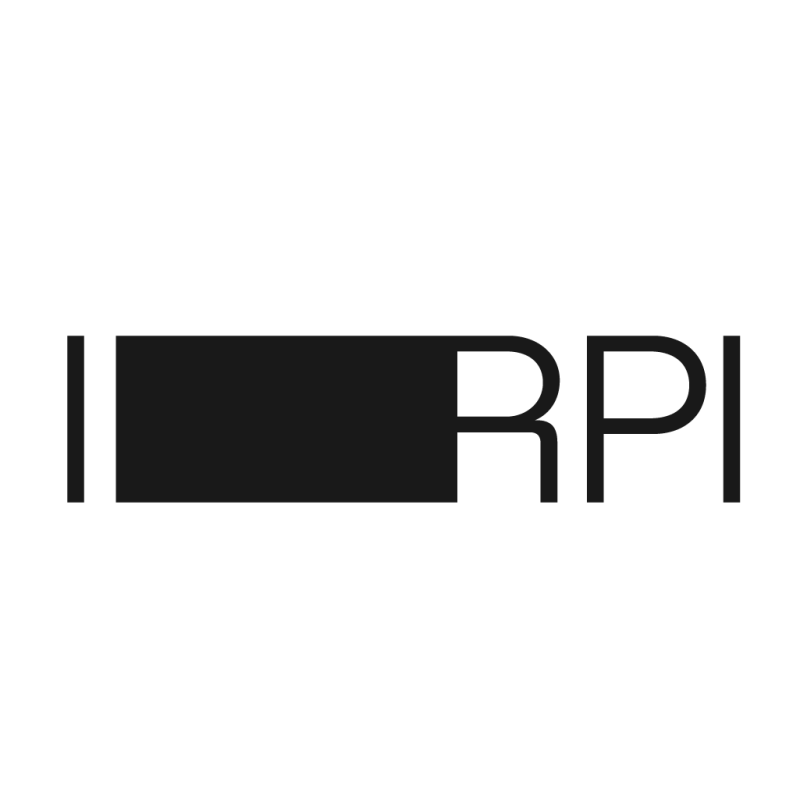The threat from ingested asbestos fibres through water has been known and even debated in the EU-system in 2021, in 2017 and 2013 but not led to any regulatory action. The European Commissions in 2017 has said it’s an issue for the member states.
WHO (the World Health Organisation) recommends minimising the concentration of asbestos fibres in drinking water but has not found it appropriate or necessary to establish guidelines for asbestos in water, as their panel of experts are divided.
When water pipes burst by time fibres are spread both in the water and in the air to be inhaled by maintenance workers.
Experts in occupational health and asbestos risk say exposure by ingestion has been under-appreciated and under-researched because no official body has assumed responsibility for environmental exposure.
Photo credit: Asbeter founder and CEO, Dr Inez Postema and Cornelis van der Burg, head of R&D, Asbeter, on a visit to Asbeter, Rotterdam. (c) Katharine Quarmby
IMPACT
Following this investigations, a team from Imperial College, University of London developed what is thought to be the first prototype for a sensor that can detect asbestos in water.












